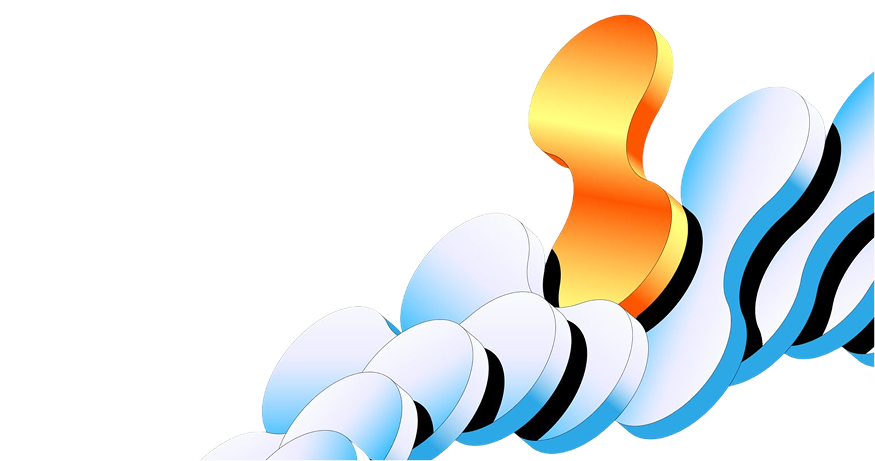Your Compliance Department’s Favorite Stack





















Privacy-first with interop when you need it

What you get




FAQ
A multistack toolkit by Polygon Labs for building custom Ethereum Layer 2 chains with native Agglayer integration. It offers developers flexibility to choose stacks like CDK OP Stack or CDK Erigon, enabling unified liquidity, seamless cross-chain UX, and tailored performance, with more stacks to be added in the future.
CDK’s multistack approach allows developers to build chains using various stacks, such as CDK OP Stack and CDK Erigon, with more to be added in the future. This gives builders freedom to select the best stack for their needs, all natively connected to Agglayer for unified liquidity and interoperability.
CDK OP Stack is a CDK stack using Ethereum’s Geth client (50%+ market share) and OP Stack, offering low-cost, high-performance chains with native Agglayer connectivity. Sovereign mode uses pessimistic proofs for security; rollup mode (with Plonky3-generated proofs) provides the greatest security and validium mode the most performance.
CDK Erigon focuses on performance and extensive customization, 3 core modes, and high throughput, for bespoke L2s. CDK OP Stack is based on the OP stack, with geth at its core for familiarity and performance, prioritizing mass adoption with ZK enhancements.
A sovereign chain, available in CDK OP Stack and CDK Erigon, operates without ZK provers and uses pessimistic proofs via Agglayer for security. This ensures no chain can withdraw more than deposited on the unified bridge, offering low-cost, high-performance connectivity.
Agglayer integration, native to all CDK chains, enables unified liquidity, shared state, and seamless cross-chain transactions. It creates a single environment that feels like the internet, enhancing UX and interoperability across diverse chain architectures.
For the most part, yes. However, CDK chains are natively connected to Agglayer by default for optimal interoperability and UX; developers can technically choose to disable it and run chains independently, depending on their project needs.
Use the CDK developer docs to spin up a testnet or learn more. For production-ready chains, contact implementation providers like Conduit (supports CDK OP Stack with G2 sequencer) or Gateway.fm (supports CDK Erigon) to ensure a fast, reliable launch.





